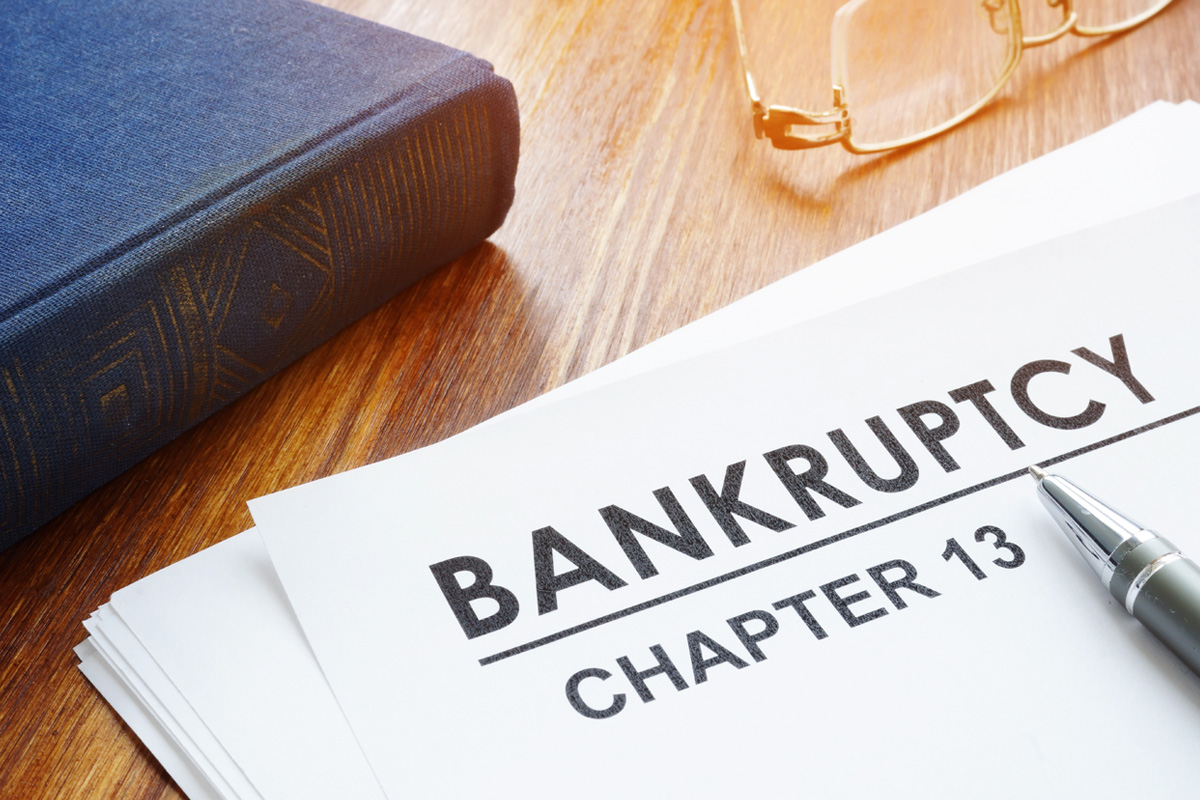In Chapter 13 bankruptcy debtors may not see their debts erased. Instead, some may be restructured under a repayment plan that will last three to five years. In Chapter 13 bankruptcy, some creditors are repaid in full, and others are not. The debtor makes a monthly payment to the trustee, and in turn, the trustee distributes payments to creditors based on the priorities that were set by the court.
Benefits of Chapter 13 Bankruptcy
If you earn too much to qualify for Chapter 7, you may qualify for Chapter 13. By doing this, calls from creditors and collections agencies automatically stop once your application is filed.
Additional benefits of a Chapter 13 bankruptcy filing include:
- Repossession is stopped and your valuables are not liquidated like in a Chapter 7 filing.
- After three to five years, when your plan is complete, any creditors who were not repaid in full cannot pressure you for further payments.
- You may be able to renegotiate secured debts, such as a car loan. It is also possible you could pay a lower car payment or interest rate.
- You have the length of your plan to catch up on any past-due amounts owed on your home, vehicle or loans that were secured with collateral.
- You also have the length of the plan to pay overdue income taxes, child support and alimony.
- Chapter 13 will protect any cosigners you may have on personal loans.
- You may file for a Chapter 13 bankruptcy plan more than one time.
Life After Filing Chapter 13 Bankruptcy
- One monthly trustee payment for 3 to 5 years to repay your debts and be out of a plan. No more 28% credit card or high interest loan payments
- Your credit score may take a nose dive. Keeping a mortgage or car payment will help rebuild your credit score
- You will lose any credit cards that exist when you file.
- There may be some restructuring due to your Chapter 13 filing, however you cannot get out of student loan debt.
- You still have to make child support and alimony payments.
Why Choose Chapter 13 Bankruptcy?
By filing Chapter 13 bankruptcy debtors are allowed to catch up on missed payments and can keep property, such as your car or home.
If you have an above-the-median income and you could meet your obligations if they could be reorganized – Chapter 13 might be right for you.
If you don’t want to get rid of your house, car or other valuables, but you are in over your head – Chapter 13 may be right for you.
Consider Your Options
If you are unsure about filing for bankruptcy, we are here to answer your questions. Understanding the types of bankruptcies is complicated and Leslie Craft has the experience to help you navigate the courts and make a decision that is best for you. If you are considering filing Chapter 13 bankruptcy, call our office and speak with Leslie today.



